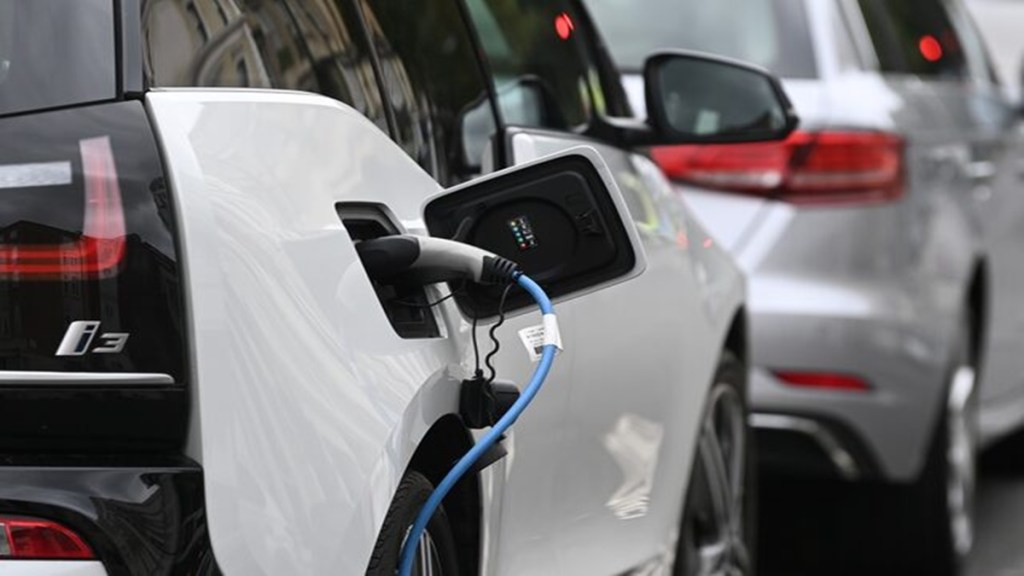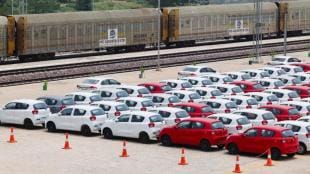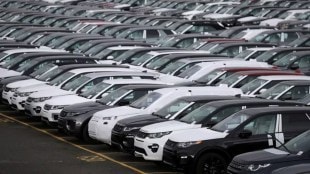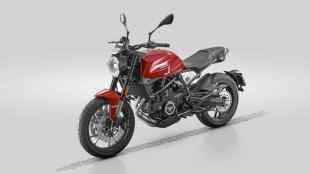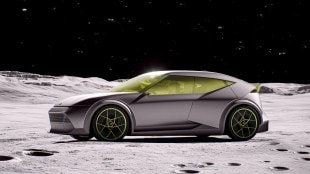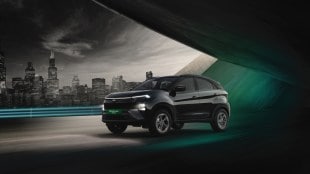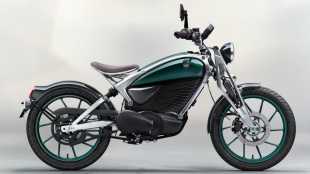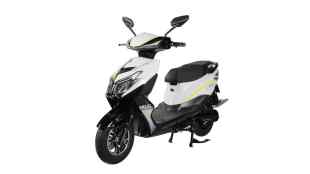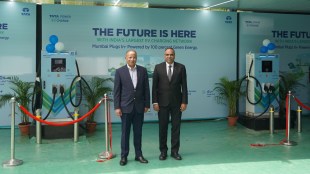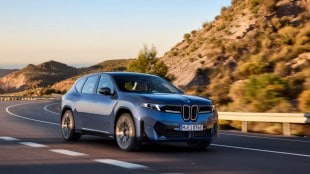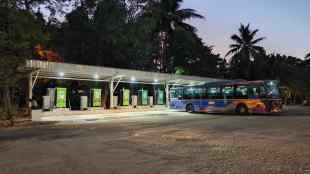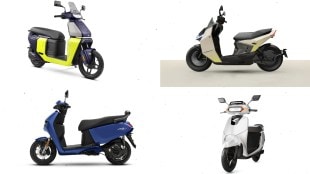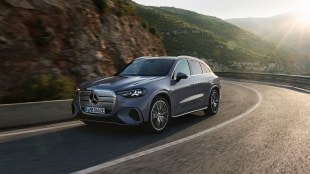The automobile industry has been trying to find different ways to achieve a sustainable strategy, and currently, electric vehicles have been supported by many countries across the world, including India. India’s EV four-wheeler market share is projected to exceed 6%. With EVs getting a lot of support and subsidies in many markets, the world’s largest automobile manufacturer, Toyota, has a more pragmatic view on this by taking up sustainability and carbon neutrality in a diverse approach.
Toyota Chairman Akio Toyoda, in an interview with Automotive News, explained that taking a singular EV approach will not reduce carbon emissions; rather, it will increase them further. He states that no one disputes the fact that battery electric vehicles (BEVs) achieve zero tailpipe emissions, but why do we forget that electricity is mostly produced by thermal power stations?
Don’t rule out hybrids yet: Toyota
Over the years, the EV segment has galvanised in the auto sector, but Toyota has refrained from being swept away by the electric wave. The company has taken cautious steps in this sector, but it continues to believe that the next step to achieve carbon neutrality is the hybrid way. Toyota offers multiple options like hybrids, plug-in hybrids, hydrogen fuel cells and EVs. In the interview, Toyoda explains why the company isn’t putting all its eggs in the EV basket.
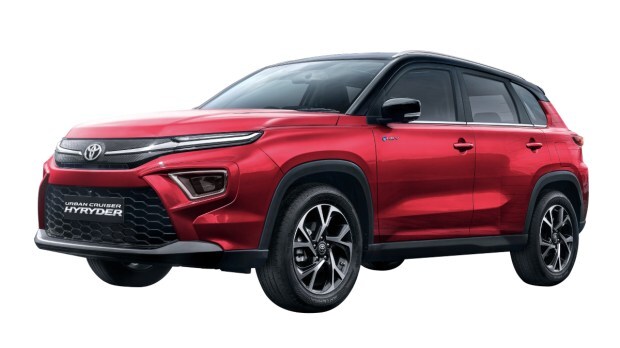
Everyone is only focused on one aspect of EVs, and that is the zero tailpipe emissions, but how the electricity is produced shows another side of the story, which is not highlighted enough. The amount of carbon emissions from a thermal power station impacts the environment severely. Another thing to keep in mind is the requirement to set up and maintain the charging infrastructure.
Toyoda highlights that the enemy is carbon emissions and to tackle this, one has to take a multiple approach. Currently, in India, Uttar Pradesh offers rebates on hybrids by exempting road tax. Hybrids can be a practical option if one wants to upgrade from an internal combustion engine (ICE), as they are relatively cheaper than EVs and have no range anxiety.
